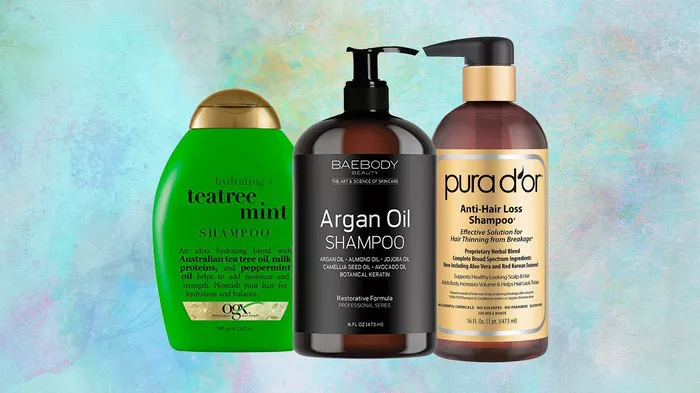In a significant move aimed at raising awareness of potential health risks associated with hair relaxers, the Food and Drug Administration (FDA) is proposing a ban on the use of formaldehyde as an ingredient in these products, primarily used by many Black women.
The proposed rule would prohibit the presence of formaldehyde in hair-smoothing or hair-straightening products, commonly referred to as relaxers. Currently, the FDA advises consumers against using hair-straightening products that contain formaldehyde or similar substances, as stated in an agency fact sheet.
Formaldehyde, a colorless and flammable gas, finds applications in various household products, including medications and cosmetics, according to the Centers for Disease Control and Prevention. This toxic substance can cause irritation of the eyes, skin, lungs, and throat with repeated exposure and has been linked to specific cancers, such as myeloid leukemia, a cancer affecting the blood and bone marrow, according to the National Cancer Institute.
Notably, even products not explicitly labeled with formaldehyde may contain ingredients that, when subjected to heat, can generate formaldehyde. One such ingredient is methylene glycol, which can be found in certain hair-straightening products. Moreover, other personal care items like soaps, shampoos, lotions, and cleaning products may include formalin, which is essentially formaldehyde dissolved in water.
Under the current regulations, the FDA is not mandated to pre-approve cosmetic products and their ingredients before they enter the market. This requirement is only applicable to color additives, as per information available on the agency’s website. While companies and individuals selling these products are legally responsible for ensuring their safety, federal law and regulations do not compel them to share safety-related information with the FDA.
Recent research has shed light on the potential risks associated with the use of chemical hair relaxers. A study published by the National Institutes of Health last year revealed that women who used hair-straightening chemicals more than four times in the previous year faced over twice the risk of developing uterine cancer compared to those who refrained from using such products. Although the study did not specify the brands or ingredients used, researchers highlighted that substances like formaldehyde and parabens, found in chemical hair straighteners, could contribute to the elevated risk of uterine cancer.
Further underscoring these concerns, the Boston University’s Black Women’s Health Study, an extensive ongoing study monitoring the health of 59,000 Black women since its inception in 1995, published research this month indicating that postmenopausal Black women who used chemical hair straighteners over an extended period faced a heightened risk of uterine cancer. Kimberly Bertrand, the study’s lead author and an associate professor of medicine at Boston University School of Medicine, emphasized the inadequacies in the federal regulation of these products, highlighting the lack of transparency in ingredient labeling that often leaves consumers unaware of potential exposure to endocrine disruptors like phthalates and parabens. Instead, these substances are typically listed under generic terms such as “fragrance” and “preservative.”


